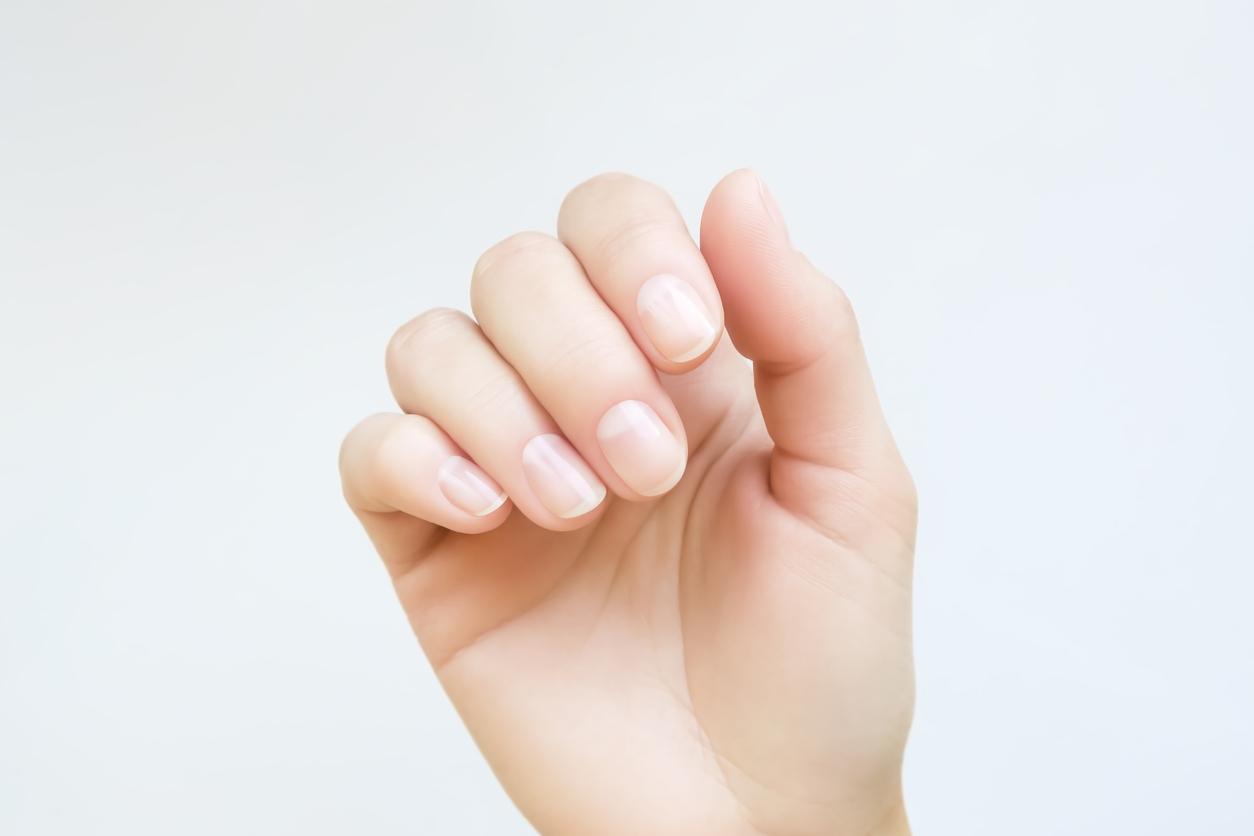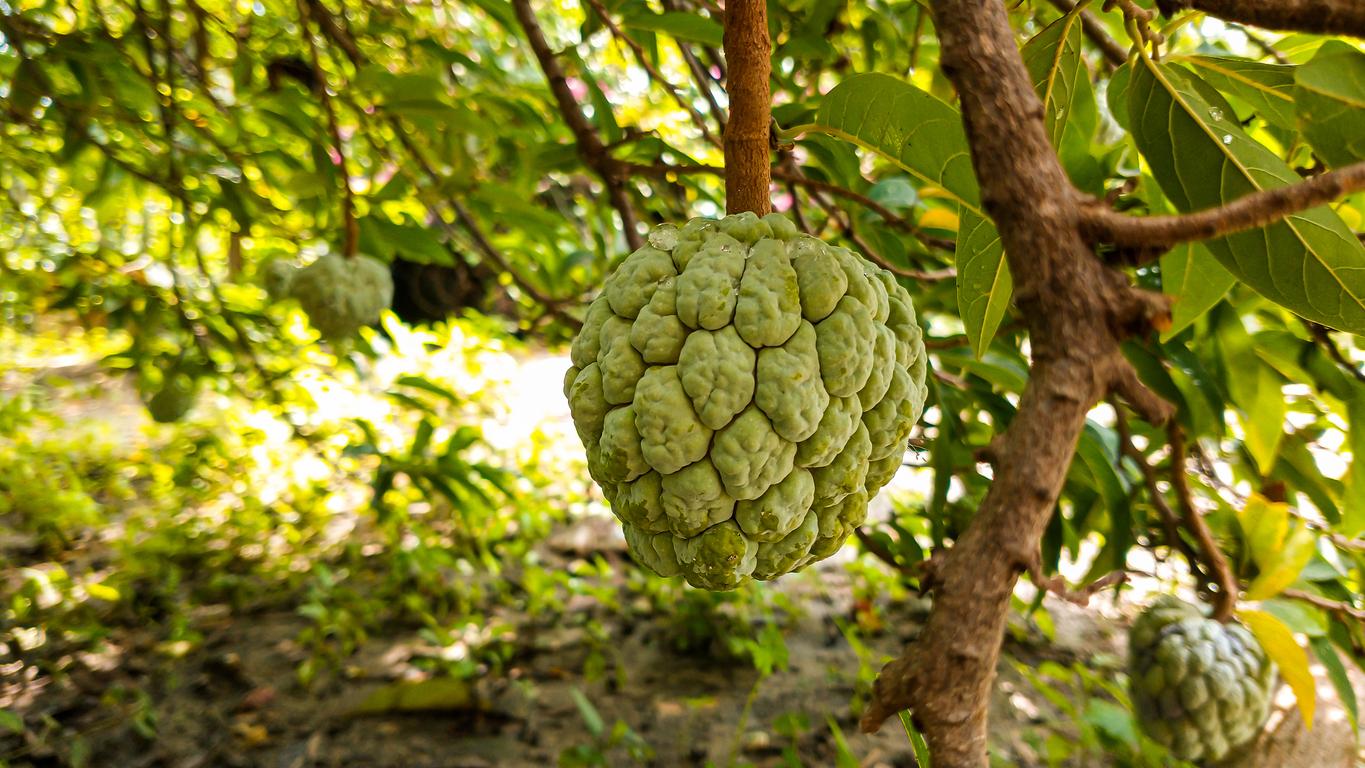Genetics may play a role in determining chronic pain after surgery, according to results of a study published in the medical journal Anesthesiology. Chronic postoperative pain is one of the most common and serious complications after surgery. It affects the quality of life, including social functioning, physical activities and mental health. While estimates of people with chronic post-surgical pain vary widely, from 9% to 80%, the study notes that millions of patients are likely to suffer from pain for months or even years.
Researchers at the University of Hong Kong analyzed blood samples from 1,152 patients after surgery. They focused their research on genetic variations in 54 genes already associated with pain, and compared them with self-reported data from participants on the nature and severity of pain one year after surgery.
One year after surgery, 21% of patients reported chronic post-surgical pain. Of these patients, 33% rated their pain as severe. During the follow-up period, patients with pain reported difficulties with general activity, mood, physical activity, relationships with others, sleepand the joy of living. Their general health was also affected by their suffering.
A gene involved in postoperative pain
Genetic variation, a gene found in the nervous system called brain-derived neurotrophic factor (BDNF), has been shown to be most commonly associated with increased chronic pain after surgery.
The authors concluded that genetic variations accounted for a higher percentage of chronic postoperative pain (between 7% and 12%) than clinical risk factors such as age, sex, smoking or anesthesia technique (between 3 and 6%).
“Our study shows not only that there are common genetic variations. They can help determine whether individuals at high risk of developing chronic pain after surgery, but also why only a fraction of patients experience persistent pain,” said lead researcher Matthew TV Chan. “Until now, the genetic variations associated with chronic post-surgical pain have not been well identified.”
Read also:
Heart surgery less risky in the afternoon
Unusual: we recover better from heart surgery after the full moon
Patients often overestimate postoperative pain
















